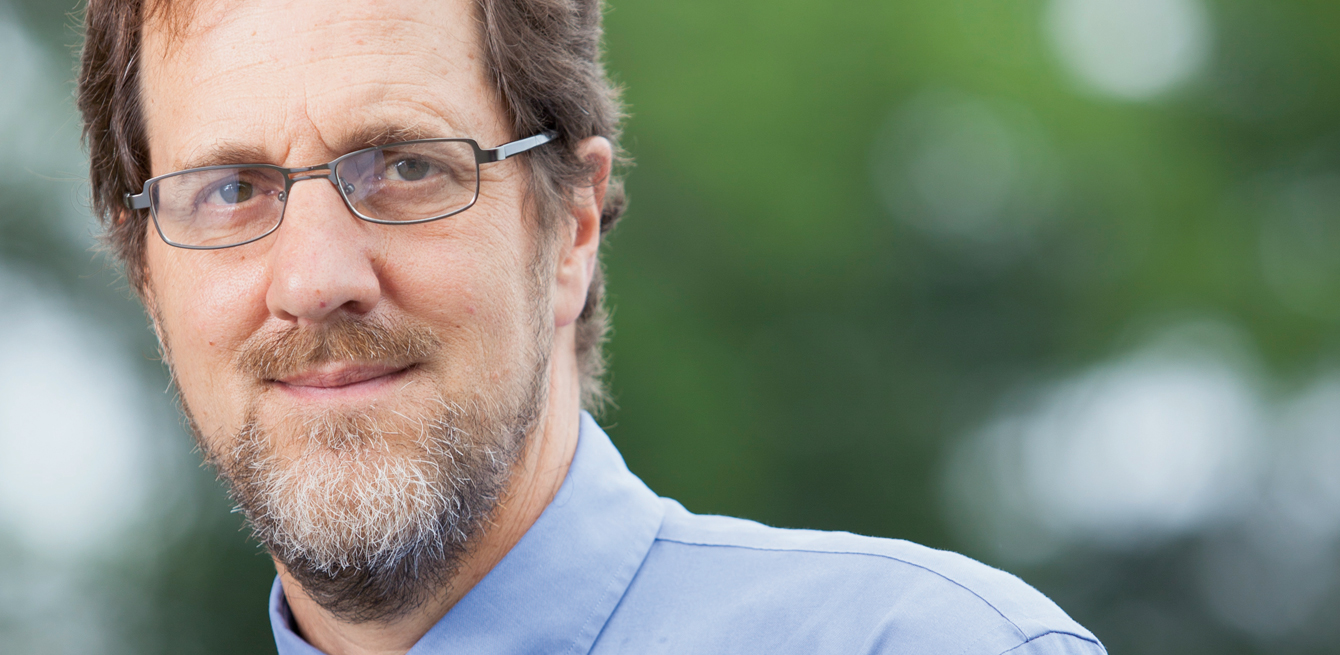
Gilbert Welch is a community medicine professor at Dartmouth College. we met with this family doctor who has brought his stethoscope along on his travels from Alaska through the native american reservations of Oregon to Zambia.
In Vivo - What is excessive diagnosis?
Gilbert Welch - It happens when a patient is told that he or she has a disease but will never develop the symptoms. Over-diagnosis is a side effect of our obsession to spot any abnormality as early as possible to treat it even before it sets in.
iv - How can we fight this phenomenon?
gw - We need to review and adapt our diagnostic methods. The best cancer screening tool is not the one that discovers the most cases, but the one that detects the most worrying conditions, the tumours that count.
iv - And once the diagnosis is reported, how can we know if the patient should be treated or not?
gw When that happens, we enter a grey area. The key is to take our time. Instead of rushing into a treatment, we should examine all the options available and their consequences, wait a while to see if the condition changes and not hesitate to take a second or even third look before making any decisions. Even with a serious disease like cancer, we often have more time than we think.
iv - Are there countries that over-diagnose more than others?
gw - It happens more in cultures that want to anticipate and predict the future. They are also the ones that are overly enthusiastic about screening, routine exams and early disease detection. This pattern is found in all societies with advanced medical technologies.
"Informing a patient that he or she has a disease but will never develop the symptoms is over-diagnosis"
iv - How can that excess be explained?
gw - Disease has become easier to find. The new diagnostic tools available to doctors now enable us to spot tiny abnormalities, such as infinitesimal biochemical or anatomical variations. That also represents a multimillion-dollar industry. The market for detecting diseases is huge. And medicine has changed the rules of the game. The definition of some diseases has been revised and expanded.
iv - Do you have an example?
gw - When I was a medical student, a stroke was described as an event after which the patient showed neurological side effects, such as difficulty speaking, walking or moving one side of the body. Today, the definition of this condition has been enlarged to include “silent” strokes without any symptoms. A study by Boston University found that if 2,000 healthy, average age people undergo a cerebral MRI, 10% will show evidence of a “silent” stroke. If we look hard enough, we’ll always end up finding an abnormality. Human bodies are full of them.
iv - How widespread is over-diagnosis?
gw - It’s very hard to tell. The only way to be 100% sure that someone has been over-diagnosed would be to not treat the disease detected and wait to see if it develops in that person’s lifetime. If not, the diagnosis was excessive. But in practice, it wouldn’t be ethical to work that way.
iv - Is there really no way to know how many people have been over-diagnosed?
gw - Over-diagnosis is like a black hole in astronomy. To measure them, you have to observe what’s happening around them. When a group of new patients suddenly emerges where there hadn’t been any before, that’s a sign of over-diagnosis.
iv - Do you have any of those cases in mind?
gw - In the early 2000s, South Korea experienced a thyroid cancer epidemic. In 2011, the number of tumours diagnosed in that population was 15 times higher than in 1993. But the mortality rate from thyroid cancer, which had traditionally been very low, remained completely stable during that period. What happened? In 1999, the government initiated a nationwide screening programme involving various forms of cancer. Thyroid cancer was not included, but many practitioners still offered it to their patients. And the number of Koreans who underwent a neck ultrasound rose massively.
As a result, many suspicious nodules were detected and then biopsied. Now diagnosed with cancer, two-thirds of the patients chose to undergo surgery to remove part or all of their thyroid. Most of these tumours would never have caused symptoms in these patients. They had been unnecessarily exposed to the risks of a surgical procedure and must now take thyroid replacement drugs for the rest of their life./
Gilbert Welch is a professor at the Dartmouth institute for health policy and clinical practice (usa) and the author of “less medicine, more health, overdiagnosed: making people sick in the pursuit of health and should i be tested for cancer? – maybe not and here’s why”. he is a regular columnist for “the New York Times“ and “the Washington Post“, writing on the excesses of the health care system.